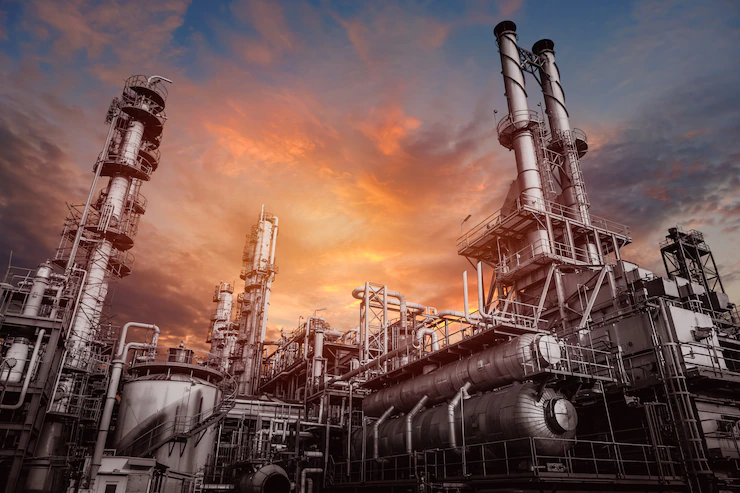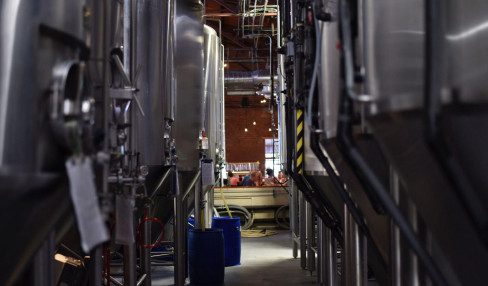How Industrial Businesses Can Address Contamination Risks?
3 Mins Read
Published on: 31 August 2022
Last Updated on: 16 September 2024

toc impalement
If you operate in the industrial segment, contamination risks are inherent. Manufacturing units, pharmaceutical plants, and chemical factories are the most hazardous domains.
They often store and use toxic materials and sometimes dispose of them as industrial waste.
Running a business is about ensuring workforce health and safety, and you need to go the extra mile if you have hazardous and toxic materials on-premises. Spills, leaks, and mishaps can endanger life and property, so you must stay a step ahead of such disasters.
5 Prime Ways Industrial Businesses Can Address Contamination Risks:

Let us share some valuable tips for industrial businesses to address contamination risks.
1. Identify The Risk Factors
Knowing your risks is the best way to address them, but most business owners fail to identify them. Performing an in-house risk assessment gives you a good start, while you can go the extra mile by hiring safety experts to provide an honest opinion.
Your employees can also provide valuable insights as they face work hazards daily and know them better than anyone else. Chemical spills, radioactive leaks, and fire are the most prevalent threats in industrial establishments.
2. Educate employees
Before implementing measures and safeguards to prevent disasters, you must educate your employees about potentially hazardous situations. People are likely to handle problems in a far better way if they are aware of the possible events.
Training prevents last-moment panic as employees have a response plan. Ensure they know about evacuation and life-saving techniques such as CPR and first aid.
Mock drills should be a part of theoretical training as they simulate disasters and enable people to tackle them better in real-time.
3. Provide safety equipment
Another step industrial business owners should prioritize is to provide appropriate safety equipment to the employees. Invest in contaminant-specific safety essentials, such as gas masks, PAPR, and hazmat suits.
These items can be lifesavers in critical situations when there are dangerous spills in your plant. Ensure everyone knows their location so that they can find them quickly when things go bad.
4. Ensure proper storage and disposal
Besides taking proactive measures such as employee training and provision of safety essentials, you must also take a preventive approach to disasters. Ensuring proper storage of hazardous chemicals and materials can significantly lower the risk factor for your plant.
Consider the same for the disposal of hazardous waste as it can endanger workers and others around the plant. Moreover, you may end up facing massive penalties and compliance hassles if you go slack with hazmat storage and disposal.
5. Fine-tune contamination control initiatives
You may have the best precautions and practices to address and prevent contamination hazards in your plant. But getting complacent is the last thing you should do. Remember that set-and-forget is not the right approach to contamination control initiatives.
You must track real-time risks and fine-tune your safety plan accordingly. Watch out for unexpected threats and stay updated with the industry news to learn about the possibilities of hazards.
Industrial safety is complicated, but you cannot take it frivolously as contamination risks can be life-threatening. Follow these simple best practices to prevent and address hazards effectively.
Read Also:


















Comments Are Closed For This Article